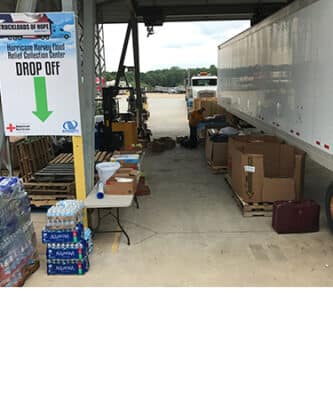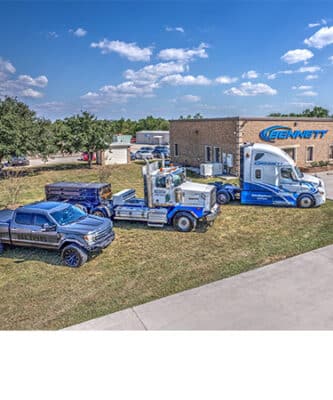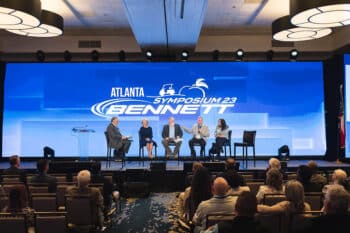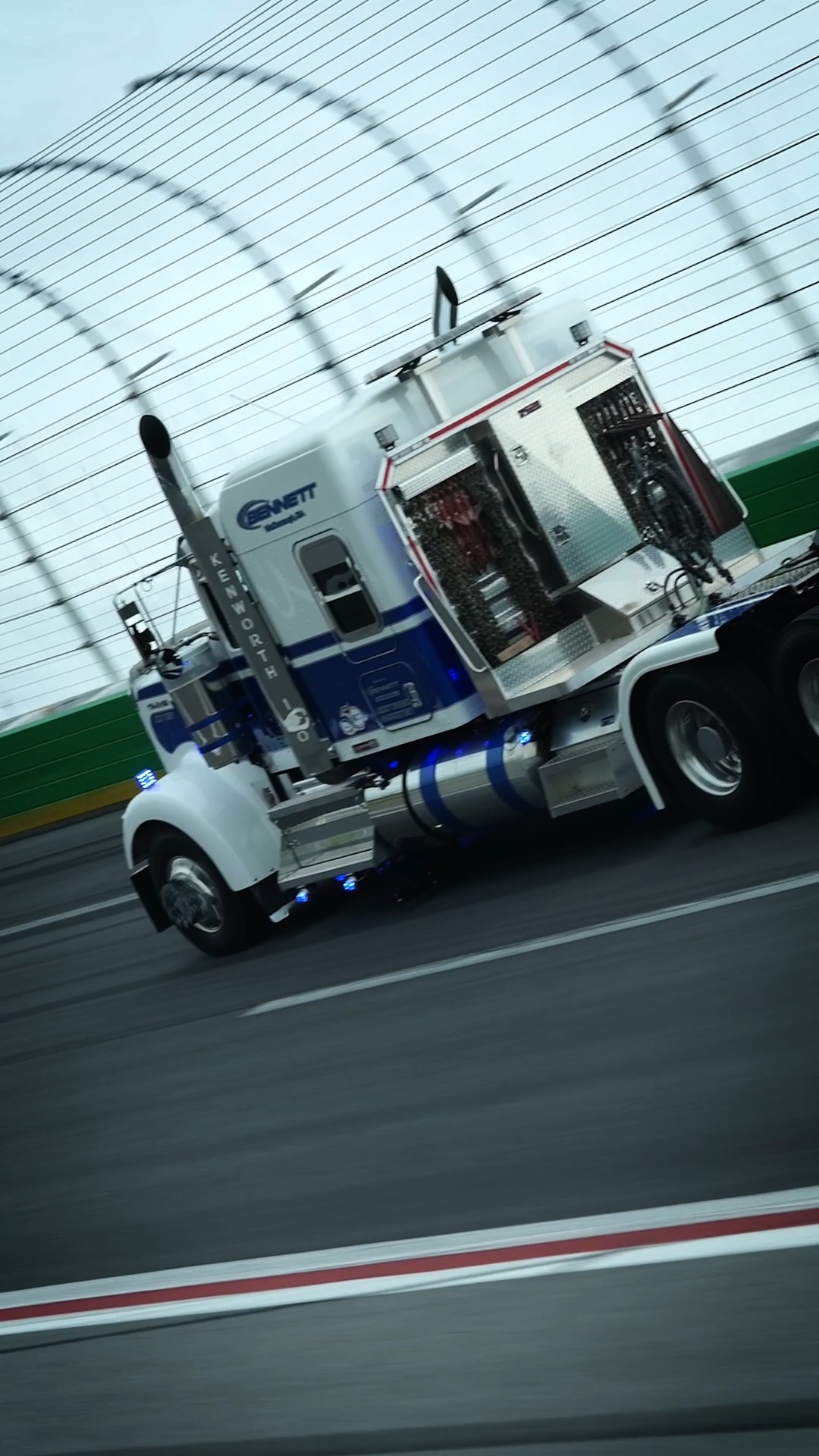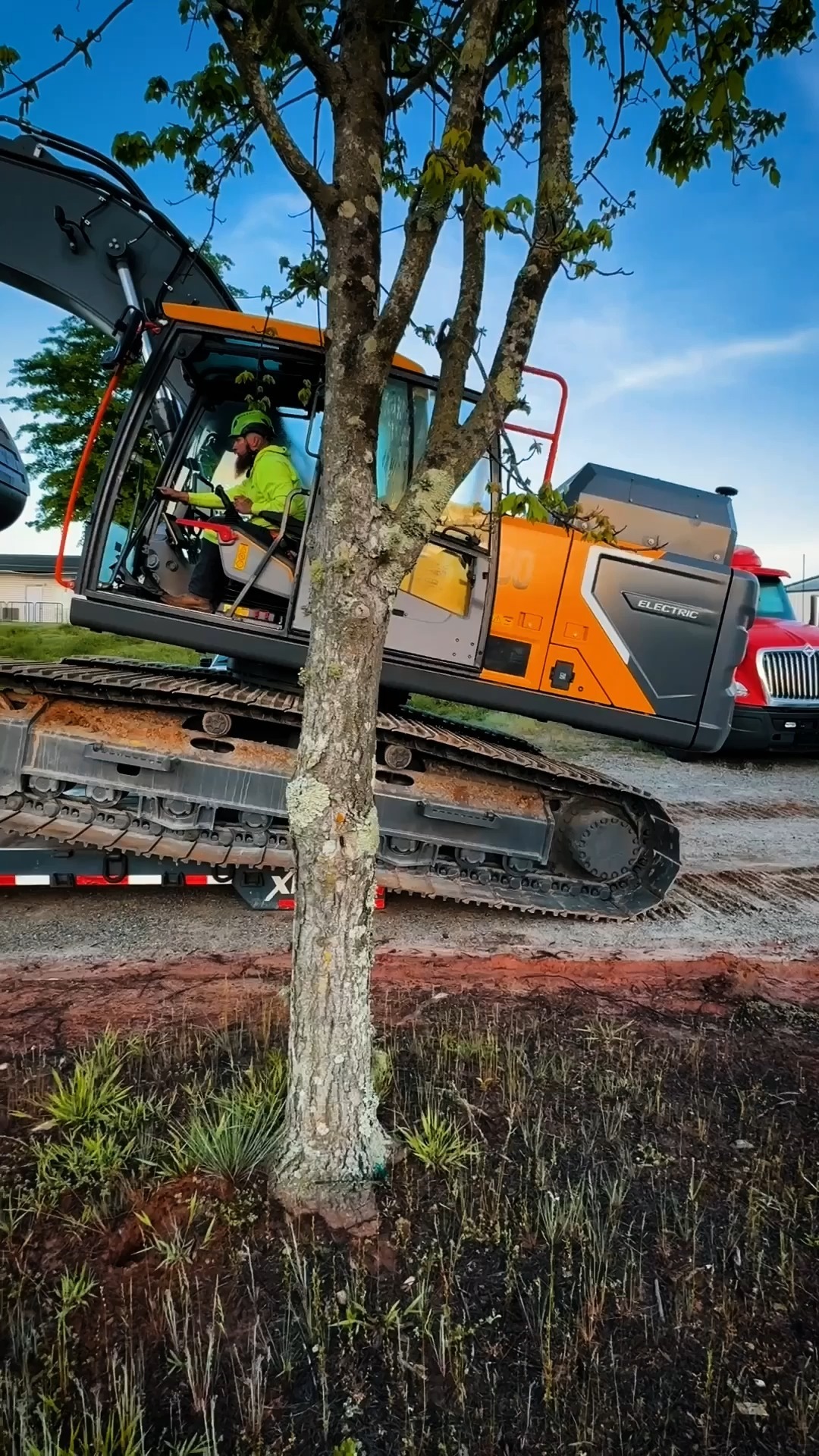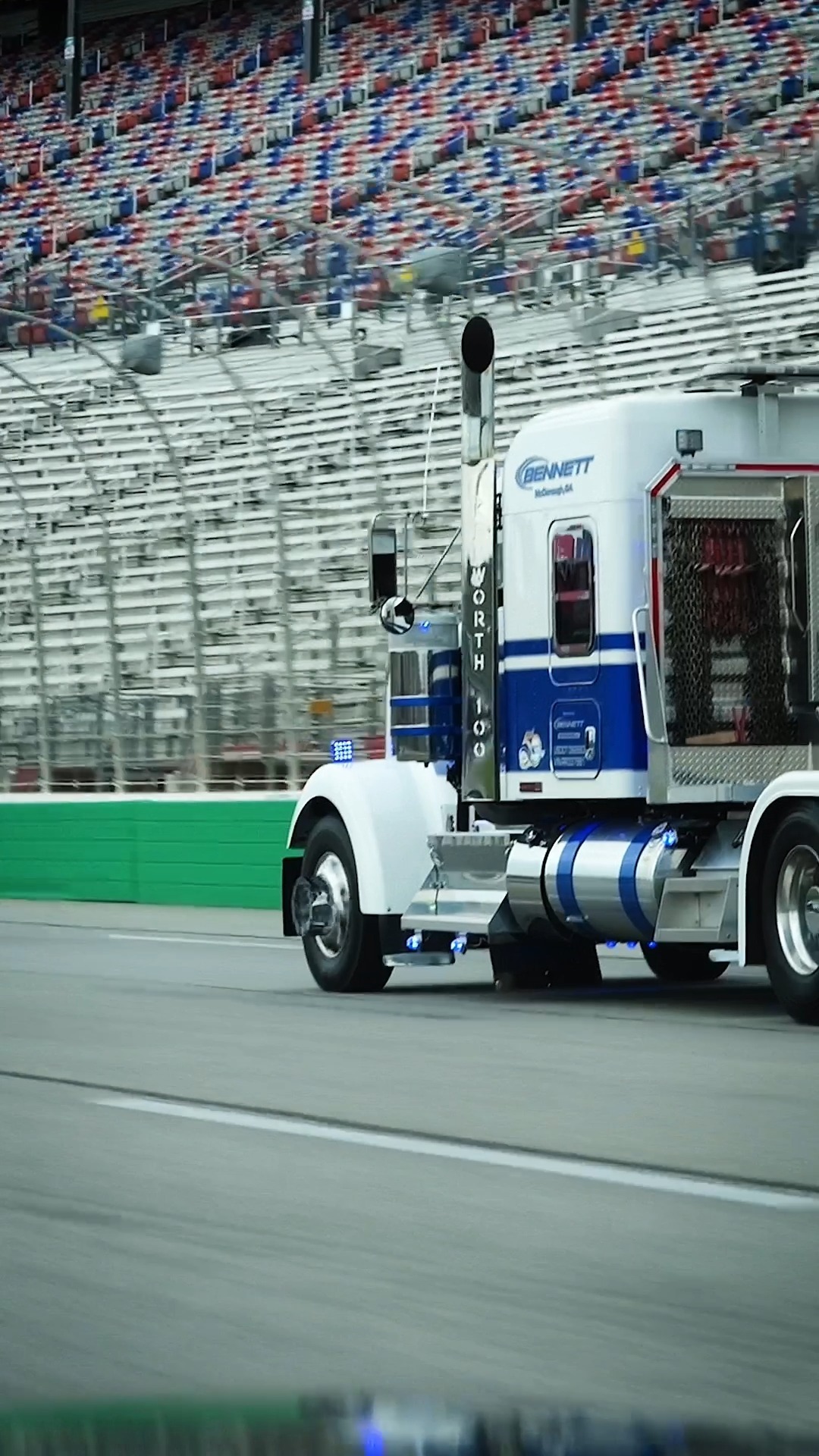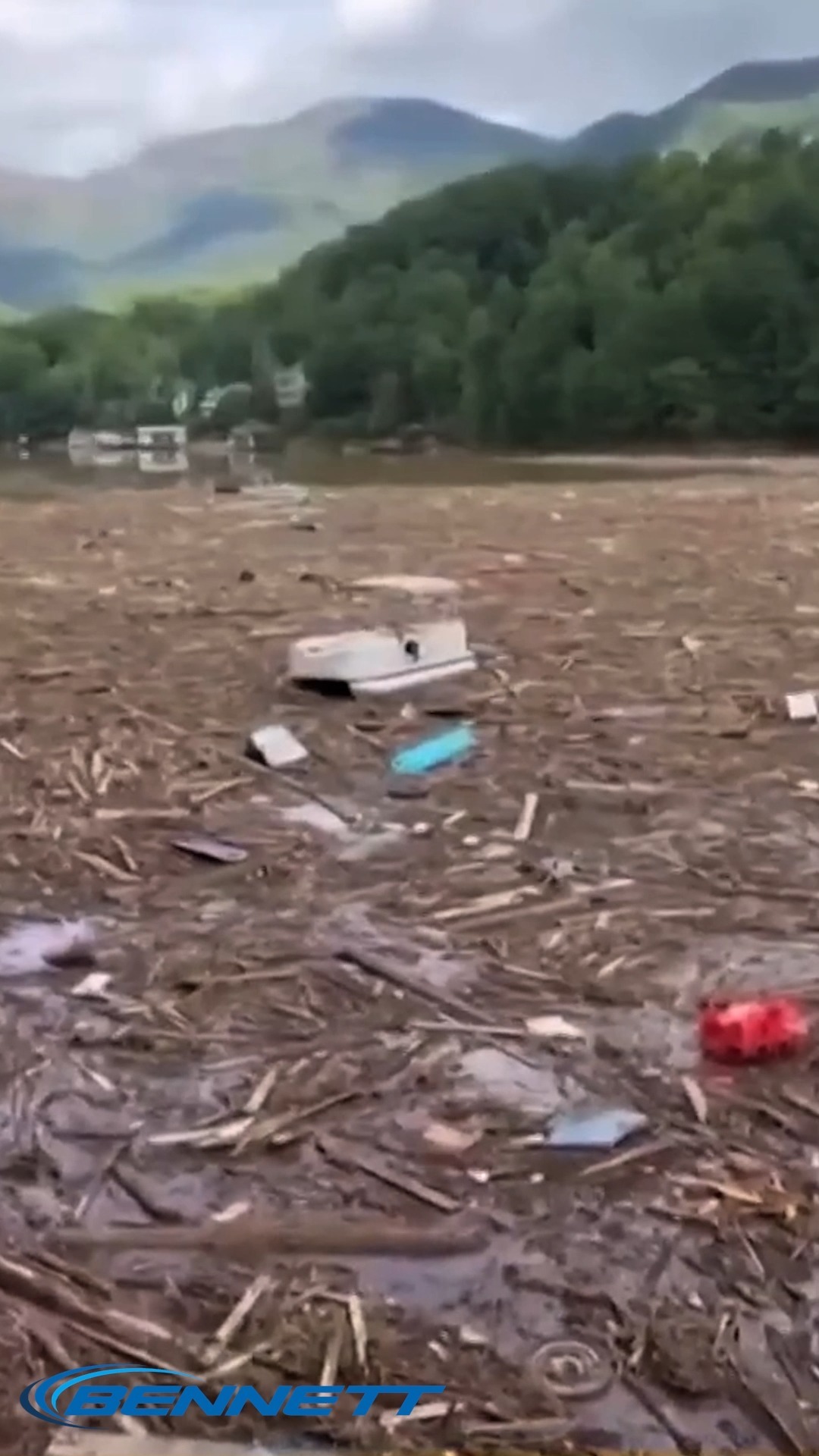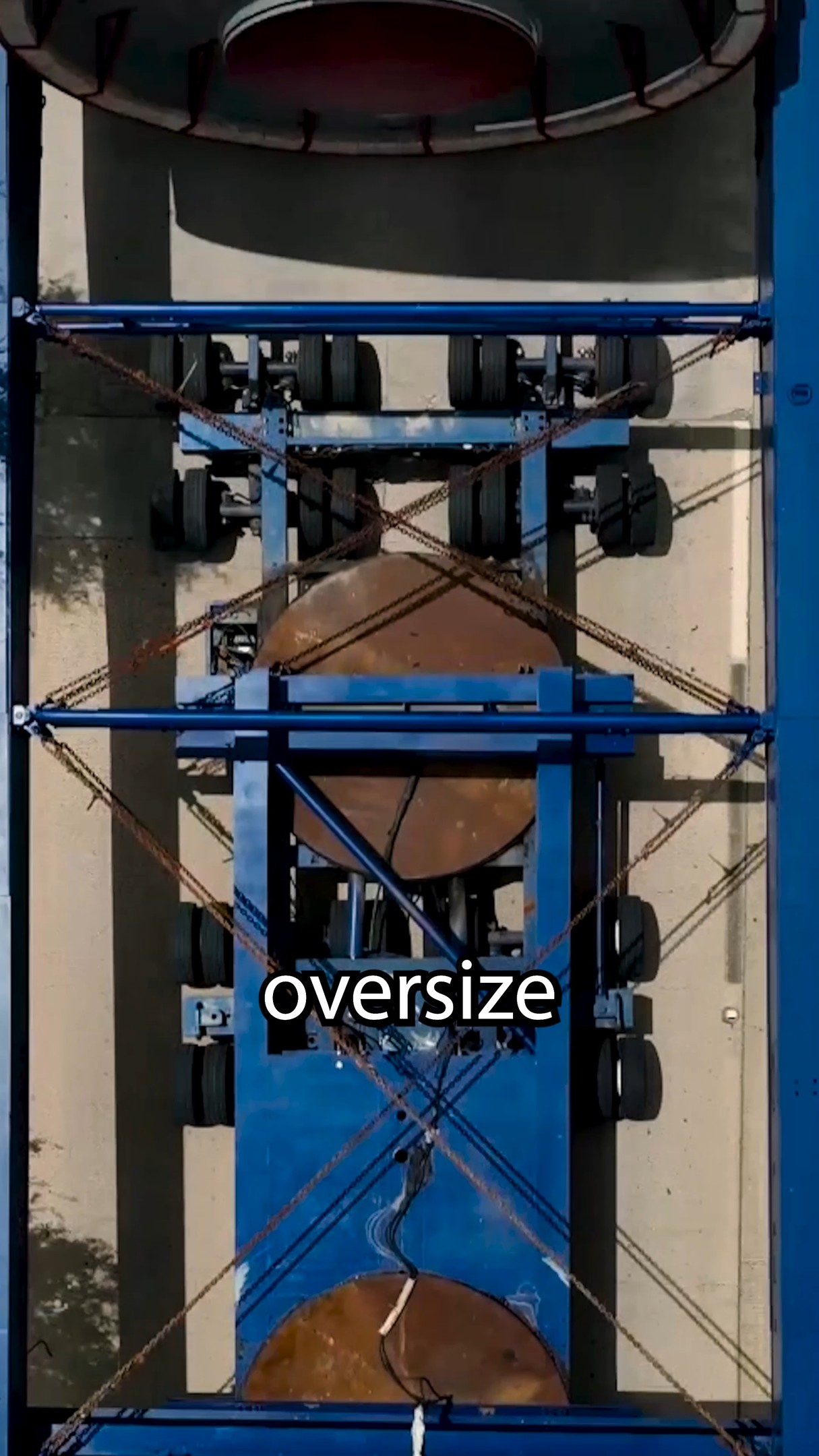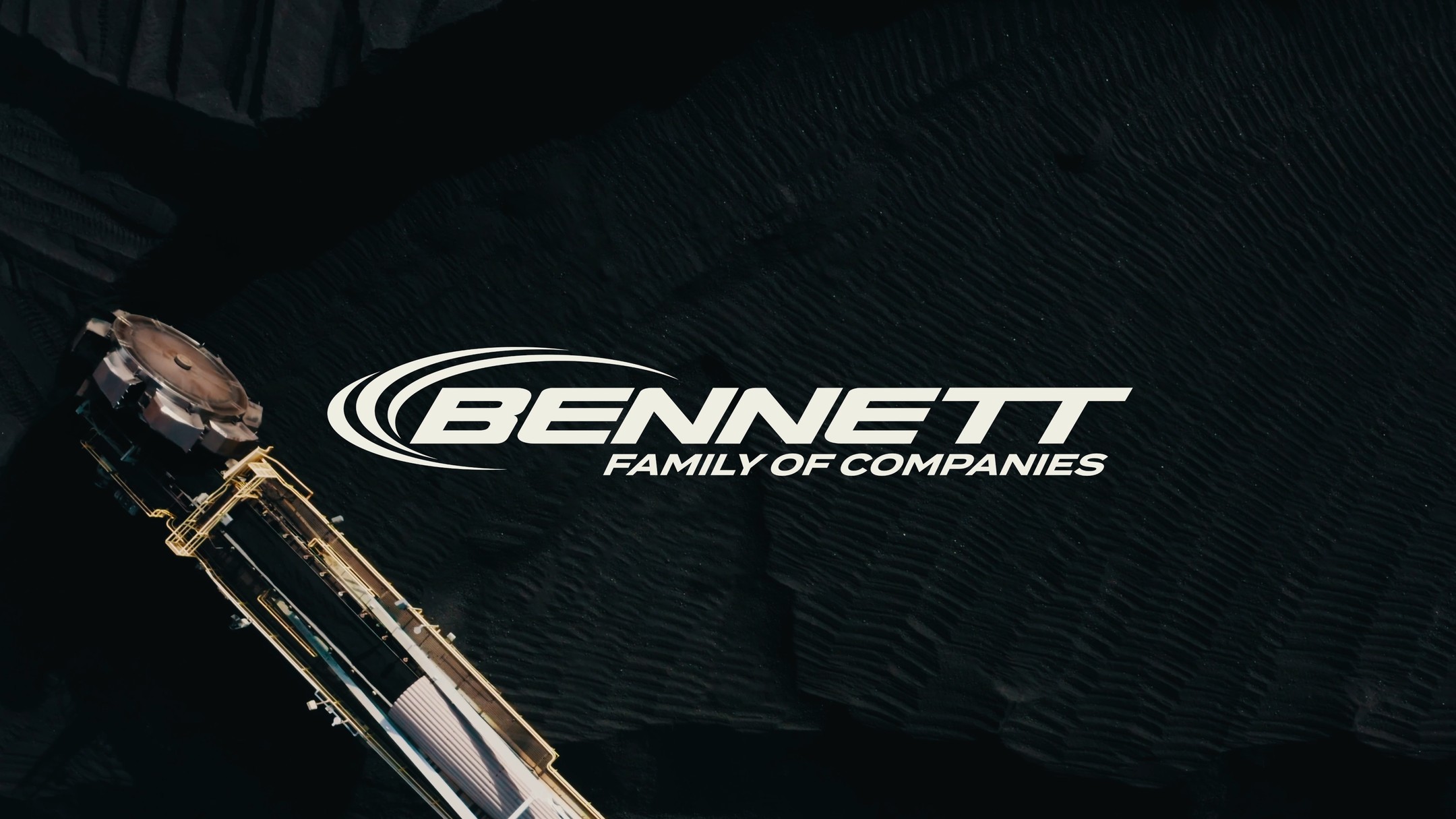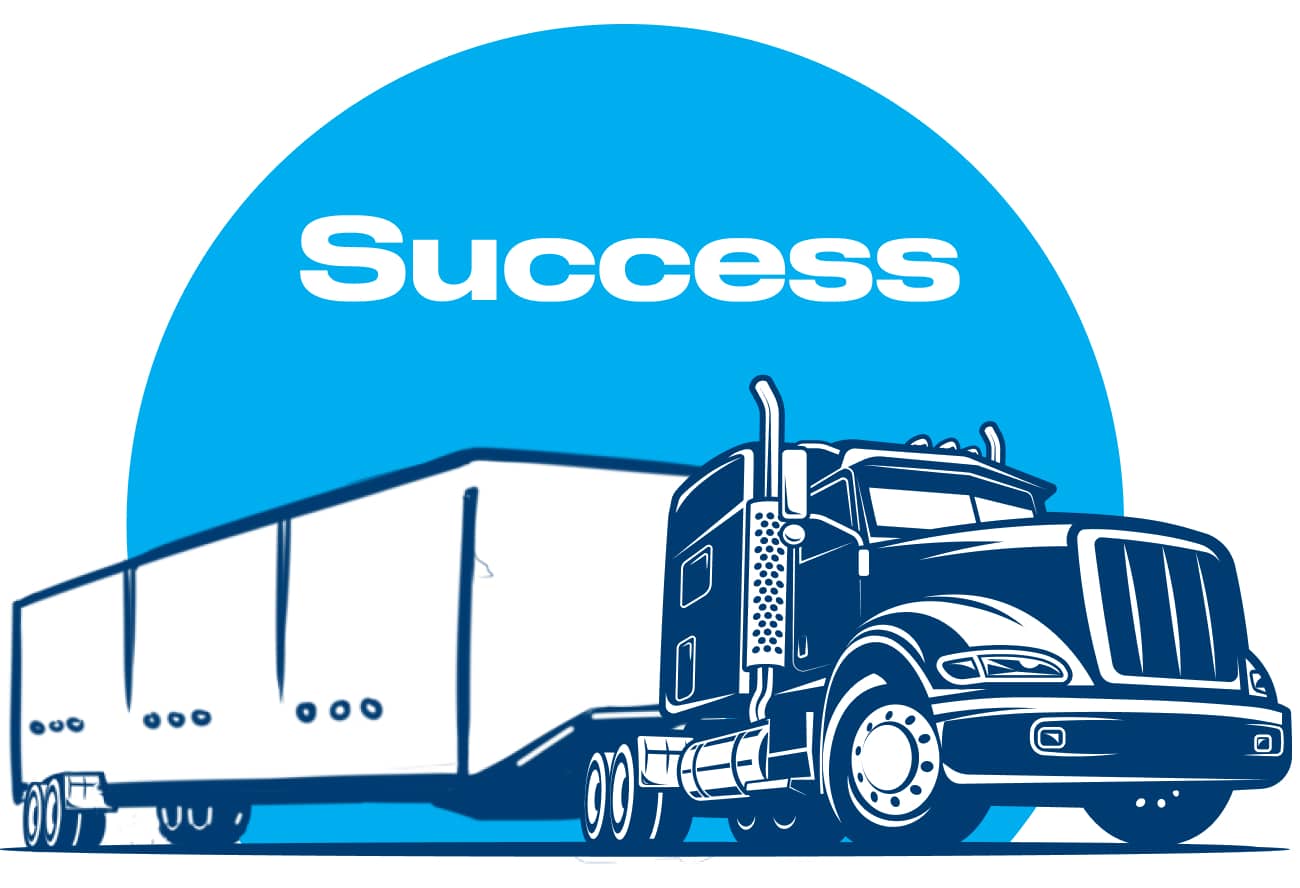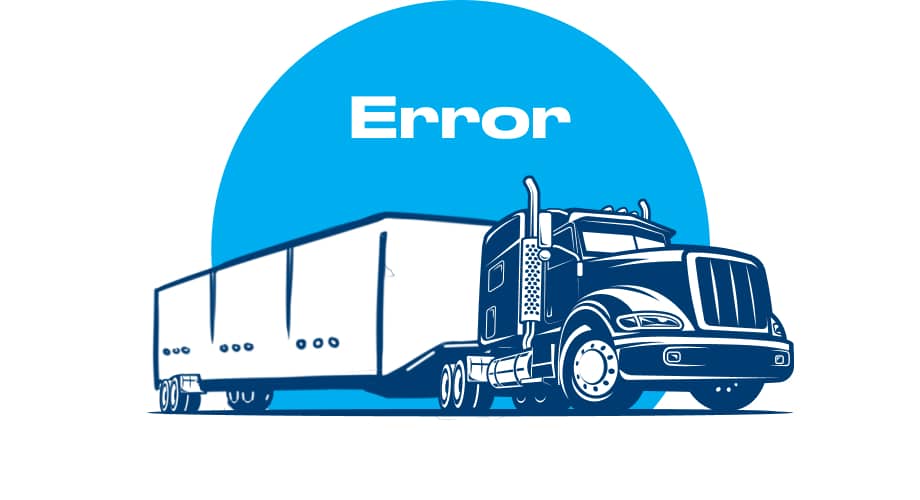Handling renewable energy components involves intricate logistics and strategic considerations to ensure smooth operations and maximize efficiency. Let’s explore the complexities and critical aspects of managing renewable energy logistics, emphasizing key factors that contribute to successful project execution.
Diverse Product Requirements
Renewable energy projects encompass a range of specialized components, from Battery Energy Storage Solutions (BESS) to inverters and EV batteries. Each component has unique characteristics and requirements, influencing logistics planning and execution.
For instance, BESS units vary significantly in size and weight, impacting storage needs and transportation logistics.
Regulatory Compliance and Safety
Navigating regulatory frameworks is paramount in renewable energy logistics, especially concerning hazardous materials such as lithium ion batteries. Compliance with safety standards and hazmat regulations ensures the protection of personnel, communities and the environment.
Rigorous training and certification for logistics personnel are essential to meet these stringent requirements effectively.
Strategic Warehousing and Inventory Management
Effective storage and inventory management play a crucial role in maintaining the quality and longevity of renewable energy components. Implementing FIFO (first-in, first-out) strategies for storage minimizes the risk of degradation and ensures that components are deployed with optimal efficiency.
Strategic placement of warehouses near project sites reduces transportation costs and enhances responsiveness.
Environmental and Project-Specific Challenges
Environmental factors such as weather conditions and site-specific challenges can significantly impact project timelines and logistics operations. For example, temporary storage solutions may be necessary to mitigate delays caused by adverse weather conditions or regulatory permitting processes as observed in projects like the Daggett Barstow initiative.
Future Trends and Innovations
As the renewable energy sector continues to expand, innovations in logistics and storage solutions are crucial. The increasing adoption of advanced technologies in battery storage and energy management systems highlights the industry’s evolution towards more efficient and sustainable practices.
These innovations enable better integration of renewable energy sources into the grid, enhancing overall system reliability and performance.
Navigating renewable energy logistics requires a comprehensive approach that integrates regulatory compliance, strategic planning and environmental stewardship. By addressing these challenges proactively and leveraging innovative solutions, you can optimize logistics efficiency and contribute to the global transition towards cleaner energy sources.
Join Our Community
Bennett Newsletter Subscription
Sign up to stay current with Bennett and Transportation Industry news. We send out a digital newsletter monthly. Unsubscribe any time.

